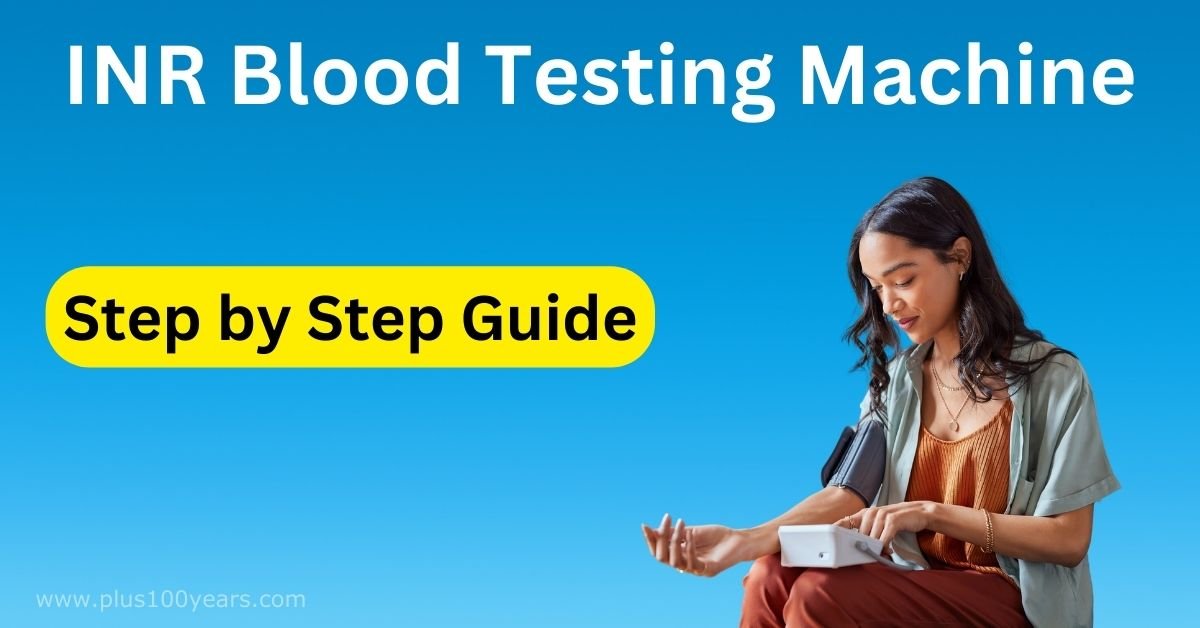Updated: 15-04-2025
As you age, your bones start becoming fragile and weak.
There can be other reasons for a weakening of bones, such as prolonged illness, addiction, and genetic conditions.
Bone Densitometry: Benefits of Bone Densitometry Test
Bone densitometry is a test suggested to determine the peripheral bone mineral density (BMD).
A snapshot of the bone is taken that helps identify your risk of fractures and osteoporosis and your chances of recovery.
Central dual-energy x-ray absorptiometry, or central DXA, is the most recommended and recognised BMD test.
It is painless, almost similar to having an X-ray and measures the bone density at your spine and hip.
The test is carried out for screening purposes.
The BMD test measures the mineral density of the bone, compare it to the standard or the established norms for bone density, and present to you a score
.
What is a T-score?
Even though 100 percent bone density or accuracy is impossible, the test predicts whether your bones are more vulnerable to breakage and fractures.
The score is compared to the bone density score of a healthy 30-year-old individual, and accordingly, you get a T-score.
For example, if you are given a score of 0, it means that your BMD score is equivalent to the score of a normal, healthy individual.
Standard deviations (SDs) are a unit used to measure the difference between your BMD and the score of a healthy young adult.
If your SDS is below zero, it means your score is negative.
The higher the BMD, the lower your risk of getting a fracture, and vice versa.
Significance of Bone Densitometry
A bone densitometry test helps doctors to identify whether you have normal or low (osteopenia) density or osteoporosis.
At present, it is the only test that can identify osteoporosis.
The test helps your carer identify:
- Whether your bones are weak or vulnerable to breakage.
- Whether you are suffering from osteoporosis
- Whether the medications are improving your bone density, staying the same, or getting worse.
Who Should Undergo a BMD Test?
You must undergo a BMD test if:
- You are a woman aged 65 years or more
- You are a managed 70 years or more
- You are a woman of menopausal age with several health risks
- You have a history of bone breakage in the fifties
- You are a postmenopausal woman below 65 years of age
- You are a man between 50 and 90 years old with health risks
You may also be advised to take a bone densitometry test if you suffer from either of the following:
- Loss of height of half an inch or more in the last year
- Your spine X-ray shows the bone loss or bone breakage in the spine
- Pain in the back with a possibility of a break in the spine
- Total loss of height of around one and a half inches from the original height.
Should you repeat a BMD test?
People undergoing osteoporosis treatment should repeat the BMD test every one to two years.
What are the benefits of a bone densitometry test?
The benefits of the BMD test include
- It is noninvasive, quick, and simple
- It does not require anaesthesia.
- The use of radiation is in very small amounts, almost 1/10 of that used for a standard chest X-ray and much less than the exposure you get through natural radiation.
- It is one of the most accurate methods currently available for diagnosing osteoporosis.
- It is also considered to be the most accurate estimator of fracture risk
- The equipment is widely available, making the test convenient for the doctors and the patients alike
- The chances of radiation entry into the body of the patient after the test are almost none
- It usually does not cause any side effects, as is the case after most diagnostic examinations.
What are the risks of a BMD test?
Excessive radiation exposure can increase your chances of cancer, though the benefits outweigh this slight risk.
Women should inform the radiologist or the physician if they are pregnant before the test, as the radiation can stunt the growth of the fetus.
“We welcome your comments on this post.”


